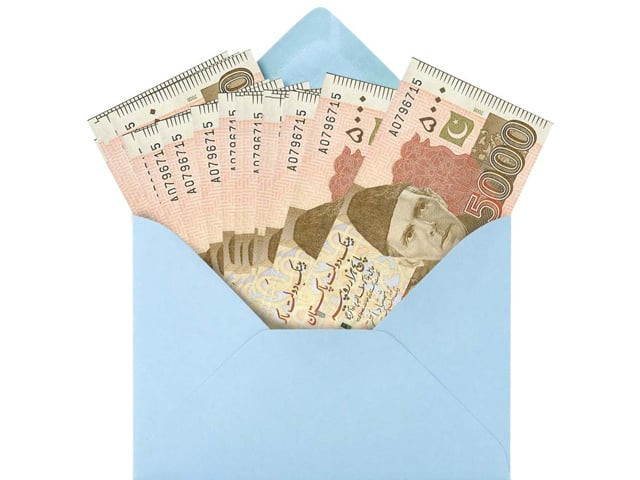Pakistan’s corruption problem
So shameful has been Pakistan’s performance in this field that accountability itself seems like corruption.

Pakistan’s corruption problem
Admiral Bokhari has made it clear that his corruption index did not cover ‘indirect losses including the agriculture sector‚ revenue department‚ land grabbing and encroachments‚ loans defaults‚ over-staffing‚ ghost schools, ghost employments‚ wealth tax losses, customs duties and duty drawbacks. This makes the original revelation even graver. The people who indulge in corruption are obviously politicians first of all, then bureaucracy and then the private sector when it comes into contact with the state.

The factor of the politicians is significant. When you cut them out, the world detects significant cutback in corruption. During the early days of the General (retd) Pervez Musharraf regime, there was subsidence in the occurrence of graft because his government was still to expand to get him the ‘legitimacy’ he wanted as a ruler. After patterns of corruption get repeated, the people start complaining about it. Their encounter with graft takes place with departments that deal with them: the police, the judiciary, the income tax bureaucracy, the customs, land records, etc. In many cases, at the provincial and federal levels, departments are presided over by politicians as ministers.
Pakistan does take steps to detect and punish corruption. It is, however, not corruption which is Pakistan’s ‘darkest hour’: it is the anti-corruption measures it takes to end corruption. Judging from Pakistan’s efforts during the decade of the 1990s, there should be an article in the constitution banning governments from engaging in accountability. So shameful has been Pakistan’s performance in this field that accountability itself seems like corruption. The PML-N went after the PPP and the PPP went after the PML-N in its turn, till the courts were jammed with cases that came to no meaningful conclusion. A coup de grace to accountability was delivered in 2006, when the two parties apologised to each other for having done hanky-panky in accountability. In fact, the PML-N’s accountability czar sought forgiveness for having victimised the PPP leadership. Cases of money-laundering taking place in foreign courts were inconclusive because of the shadow of illegitimacy of the process inside Pakistan. Imran Khan’s challenge to both the PML-N and the PPP on their properties abroad reveals more about this ‘hidden corruption’.
Third World levels of corruption have been identified and accepted as unavoidable. The noise of corruption in India and China is deafening but no one says they are ‘failing states’ because of corruption. In fact, both are counted as successful in comparison to the ‘no-corruption’ countries in the EU and the US superpower itself. Those who advocate ‘tough accountability’ before the 2013 elections in Pakistan need to reflect a little on the precedents. But that doesn’t mean we should do nothing about the loss of public trust in the NAB and the Federal Investigation Agency (FIA) and other corrupt anti-corruption institutions. First of all, the NAB, FIA and FBR should be constitutionally protected in their powers to take action against offenders. But the catch is that Pakistan’s problem number one is not corruption but law and order and writ of the state. As China and India demonstrate, a country can still be rated ‘successful’ if it has a functioning economy undamaged by a dysfunctional state.
Published in The Express Tribune, December 17th, 2012.














COMMENTS
Comments are moderated and generally will be posted if they are on-topic and not abusive.
For more information, please see our Comments FAQ